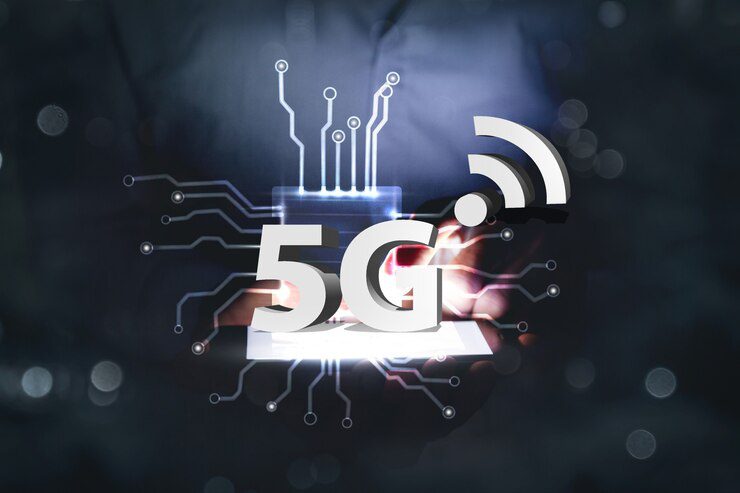In recent years, the buzz around 5G connectivity has been nothing short of electric. The fifth generation of wireless technology promises to revolutionize how we connect, communicate, and consume content. So, what exactly is 5G, and why is it creating such a buzz? Let’s dive into the world of 5G connectivity, exploring its rise, potential impact, and why everyone’s talking about it.
What is 5G Connectivity?
5G connectivity refers to the latest standard in wireless technology, succeeding 4G LTE. It’s designed to provide faster speeds, reduced latency, and increased capacity for users. While 4G networks currently max out at around 100 Mbps, 5G networks are capable of delivering speeds up to 10 Gbps—that’s 100 times faster! This speed isn’t just about streaming movies in higher quality or downloading apps in seconds; it’s about enabling new technologies and experiences.
The Evolution of Connectivity
To understand the significance of 5G, it’s essential to look back at the previous generations of wireless technology. Here’s a brief overview:
| Generation | Key Features | Year Introduced |
| 1G | Analog voice | 1980s |
| 2G | Digital voice, SMS | 1990s |
| 3G | Mobile data, internet browsing | 2000s |
| 4G | High-speed internet, video streaming | 2010s |
| 5G | Ultra-fast speeds, IoT integration, low latency | 2020s |
The Impact of 5G Connectivity
1. Transforming Industries
5G connectivity isn’t just about better internet speeds on your smartphone; it’s set to transform entire industries. The healthcare sector, for instance, can leverage 5G for remote surgeries, with surgeons operating on patients miles away using real-time data transmission. The automotive industry is also set for a revolution with autonomous vehicles relying on 5G’s low latency to make split-second decisions.
2. Enhancing Consumer Experiences
Imagine downloading a full-length HD movie in under five seconds or enjoying seamless virtual reality gaming with no lag. 5G connectivity will make these experiences the norm. According to a study by Ericsson, 5G will drive a 30% increase in mobile data usage, primarily due to the rise in immersive media consumption.
3. Boosting IoT Development
The Internet of Things (IoT) is set to explode with the advent of 5G. The ultra-fast speeds and increased capacity mean that more devices can connect and communicate simultaneously. Smart homes, connected cities, and even smart agriculture will benefit from the enhanced capabilities of 5G. Gartner predicts that by 2025, there will be 25 billion connected IoT devices worldwide, with 5G playing a critical role in managing this vast network.
4. Economic Growth
The rollout of 5G is expected to significantly boost the global economy. A report by Qualcomm estimates that 5G could generate up to $13.2 trillion in global economic output by 2035, creating 22 million new jobs in the process. This economic impact is driven by the new business models, products, and services that 5G connectivity will enable.
Challenges and Considerations
Despite its promising future, 5G connectivity isn’t without its challenges. The infrastructure required to support 5G is extensive and costly. Moreover, there are concerns about the environmental impact of deploying millions of new 5G towers and the increased energy consumption associated with faster data speeds.
Security is another concern. With the proliferation of connected devices, 5G networks could become prime targets for cyberattacks. It’s crucial for businesses and governments to prioritize cybersecurity measures as 5G continues to roll out.
The Future of 5G Connectivity
As more countries and companies invest in 5G infrastructure, we can expect a world where connectivity is more seamless, reliable, and integrated into every aspect of our lives. The potential for innovation is limitless, with 5G serving as the backbone for advancements in artificial intelligence, augmented reality, and beyond.
In conclusion, the rise of 5G connectivity marks a new era in technology and communication. Its impact will be felt across industries, consumer experiences, and the global economy. While there are challenges to overcome, the benefits of 5G far outweigh the drawbacks, paving the way for a connected future like never before. As we continue to ride the wave of 5G, one thing is clear: the future is faster, smarter, and more connected.







